
Employees work on the lens production line of a privately owned tech company in Dexing, Jiangxi province. (ZHUO ZHONGWEI/FOR CHINA DAILY)
More "practical" measures that can help private enterprises in China to grow and actualize their full potential can be expected next year, experts said on Thursday.
Industry analysts, who reviewed the leadership's vision for next year announced at the Central Economic Work Conference earlier this week, said China will likely sharpen its focus on the implementation of policies supportive of the private sector.
The tone-setting conference said the nation will implement a number of measures to strengthen private enterprises. These include better market access, access to factors of production, fair law enforcement, and protection of rights and interests.
More efforts will also be made to drive the development of elite small and medium-sized enterprises that specialize in niche markets, boast cutting-edge technologies and show great potential, the conference said. In China, such SMEs are mostly private enterprises.
Song Xuetao, a researcher at securities firm TF Securities, said this year's economic conference intensified emphasis on policy implementation in terms of support for the private sector. Last year, the conference had its focus on driving private enterprises to play a dynamic role in economic growth.
"Such an effort is important," said Wei Qijia, head of industrial economy research at the State Information Center. "It not only demonstrates the country's determination to support the development of the private sector but also conveys a crucial signal to encourage, support and guide its development through tangible measures.
"Only when policies are implemented as concrete measures can private enterprise benefit. It will also bolster their sense of gain and stabilize their expectations for greater growth."
This year's conference also emphasized efforts to implement new mechanisms for cooperation between the government and sources of private capital. The country will support the participation of private capital in "new infrastructure" and other areas, the leadership said during the conference.
Song Xiangqing, a professor of government management at Beijing Normal University, said private companies are expected to have more opportunities to play a big role in major national projects related to infrastructure, new urbanization, transportation and hydraulic engineering in the future.
"The government wants to remove those barriers that hinder the development of private enterprises. The government also aims to enable private enterprises to participate in market competition at a higher level and in a larger field. It would activate the intrinsic ability of private enterprises to innovate and become more competitive on the global stage," Song said.
Wang Peng, a senior researcher at the Beijing Academy of Social Sciences, said potential measures next year could include the removal of institutional barriers restricting market access for private enterprises, strengthened fair law enforcement and increased financial support, including tax reductions and credit assistance.
In China, the private sector has been an important driver of economic growth. Private enterprises contribute about 50 percent of the country's tax revenue, 60 percent of GDP and 70 percent of technological innovation, according to the Ministry of Industry and Information Technology.
China has made great efforts in guiding the private sector throughout the year and has launched a series of supportive policies. The National Development and Reform Commission, the nation's top economic regulator, unveiled in July a major guideline to guide the private sector. It also set up a special private sector development bureau in September to offer targeted support for private firms.
Su Meng, chairman and CEO of Beijing Percent Technology Group Co, a leading private-sector provider of data science products, said eligibility criteria for companies to participate in major national projects used to be relatively high. "Many private enterprises usually found it hard to meet all those criteria," he said.
Thankfully, this year's conference signaled that private enterprises are expected to have more opportunities to contribute to major national science and technology projects and make more innovations, Su said.
"These efforts will allow the private and public sectors to cooperate on multiple levels, including investing in joint ventures and joint laboratories, which will further accelerate technological breakthroughs and innovations."











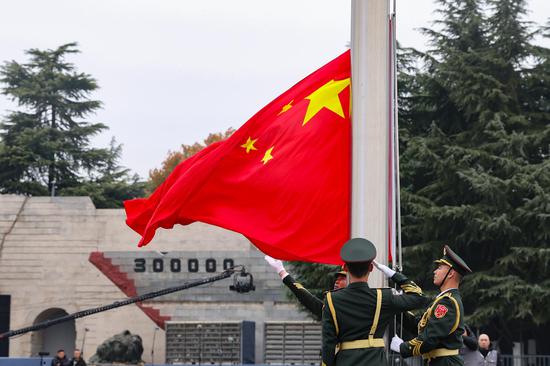

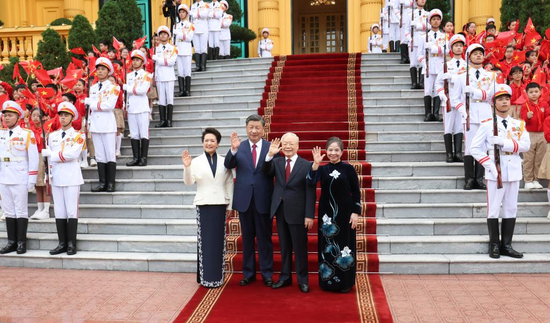


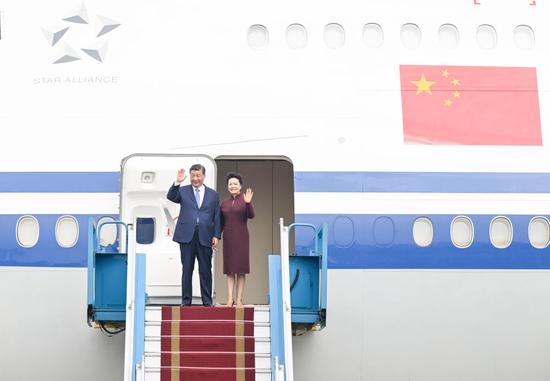

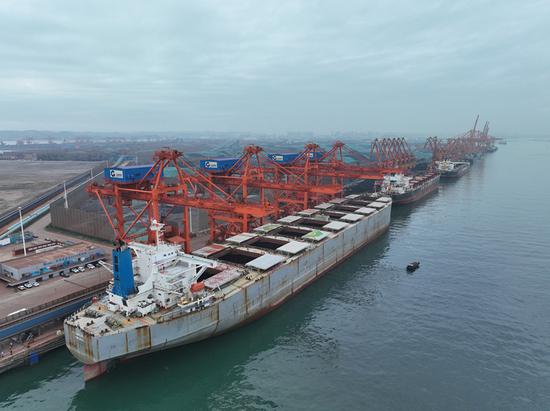


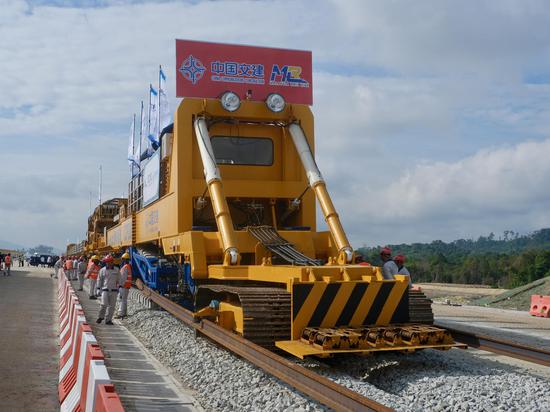


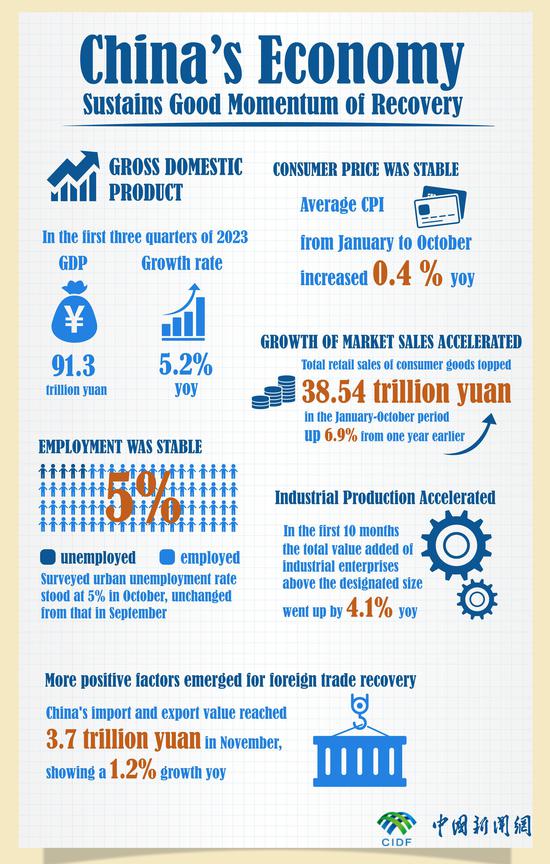




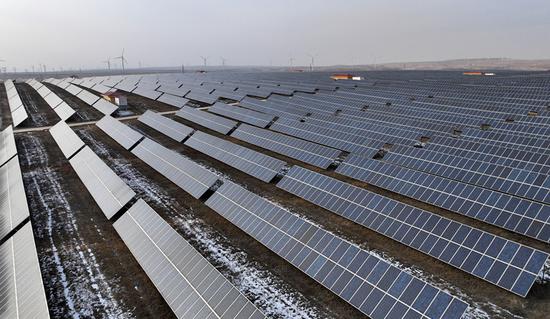
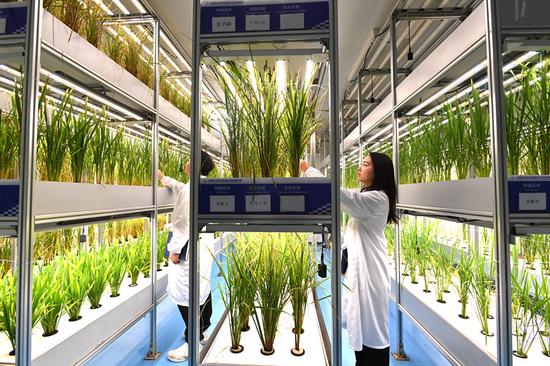



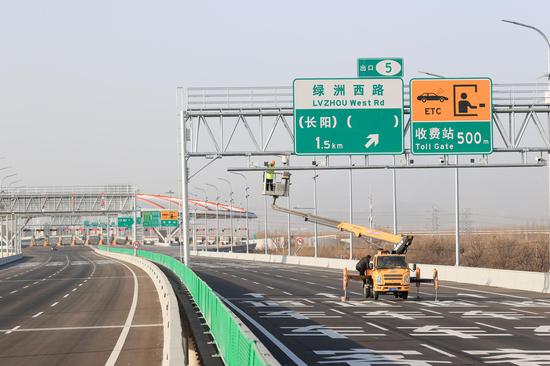







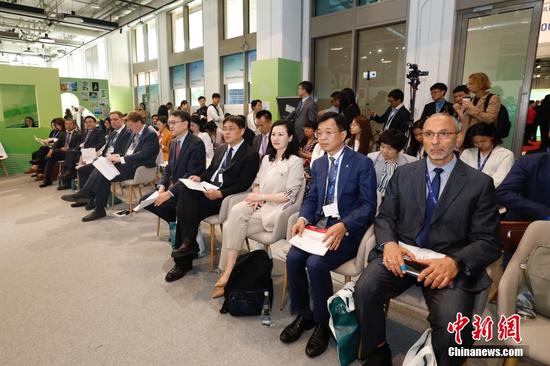







 京公网安备 11010202009201号
京公网安备 11010202009201号